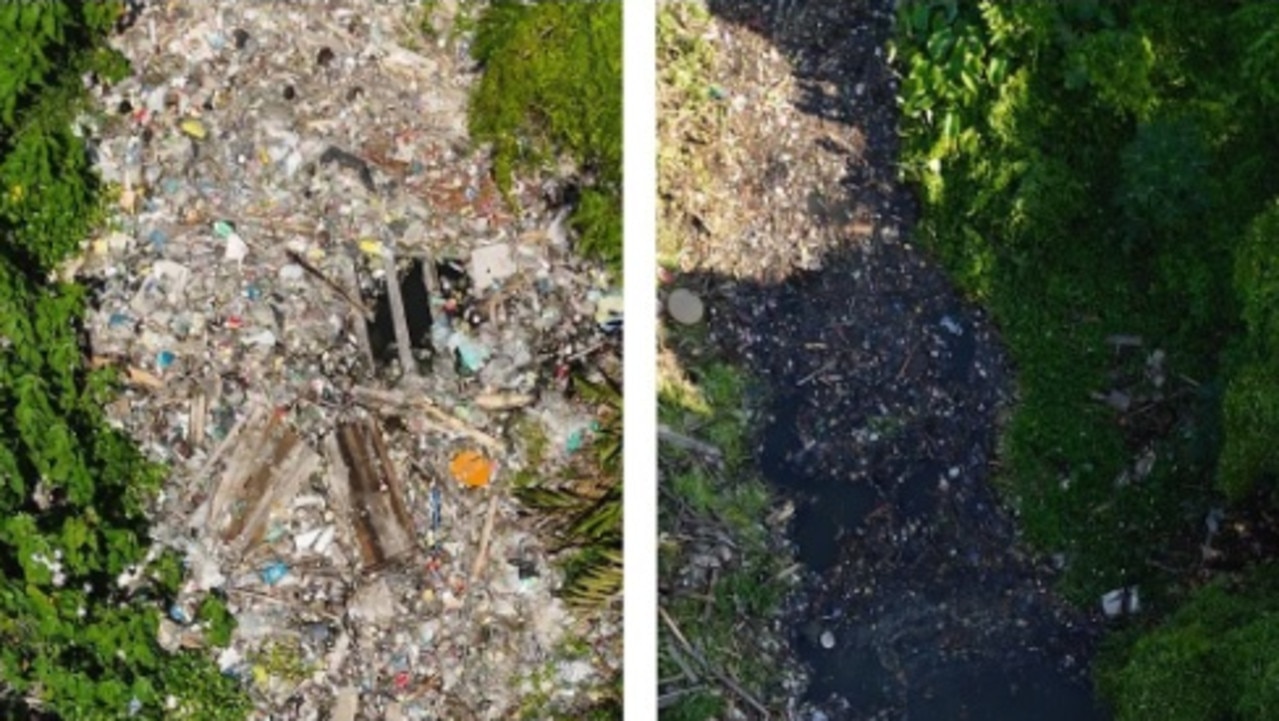‘They will exploit you’: Research to begin into how to manage Uluwatu’s cunning monkeys
The managers of a renowned Bali tourist attraction have made a major call on the site’s mischievous resident long-tailed monkeys.
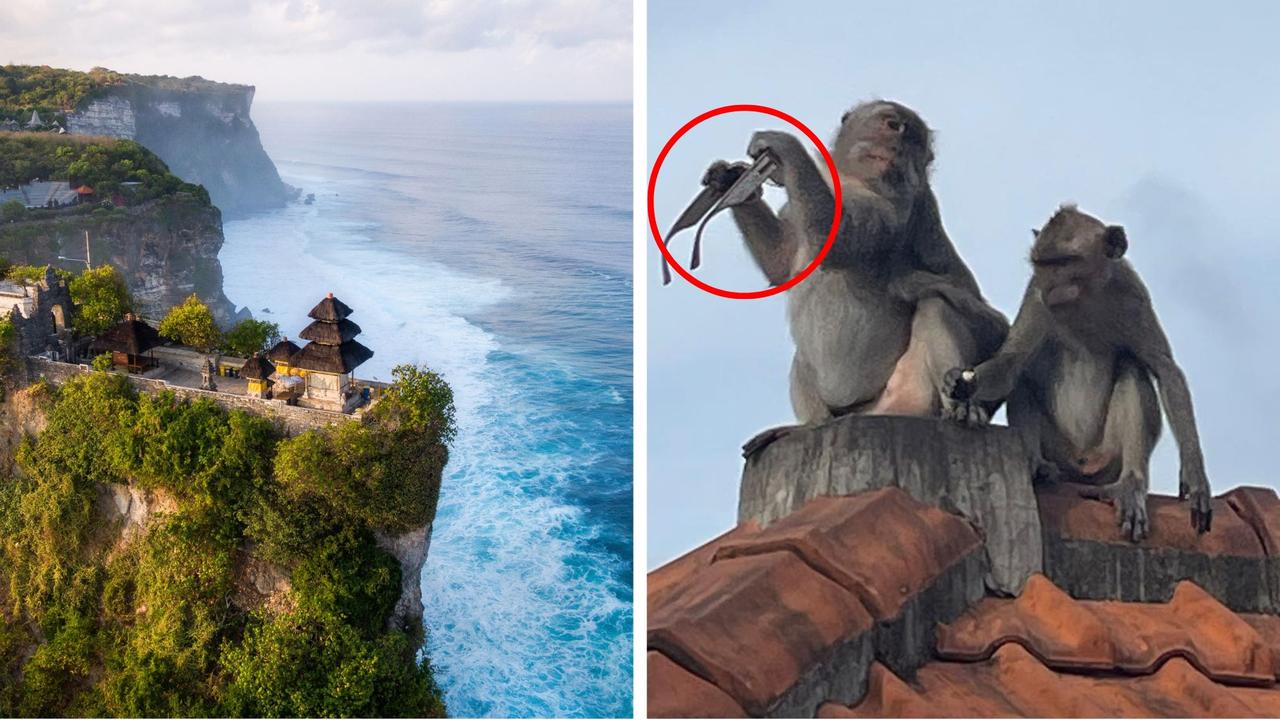
Cunning monkeys at a major tourist site are getting global attention for all the wrong reasons, leaving officials scrambling to find a solution for the pesky primates.
Bali’s renowned Uluwatu Temple is renowned not only for its spiritual significance but also for its mischievous resident long-tailed monkeys.
The temple’s management is now working with animal behaviourlists to develop strategies for managing the monkeys’ behaviour, with them frequently stealing belongings from guests and terrorising families.


Sir David Attenborough brought the antics of the resident macaques to an international audience in the 2023 edition of his Planet Earth series.
He described their “remarkable” ability to engage in bartering, which involves stealing tourists’ belongings and trading them back for food.
“They will sit there looking perfectly innocent and suddenly jump onto you and steal your glasses, and it’s really quite frightening,” Attenborough narrated, adding, “visitors come, but (the monkeys) are the bosses.
“They will exploit you in a way you couldn’t believe possible. It’s quite shocking.”

I Wayan Wijana, the Manager of Tourist Attraction Management for the Outside Area of Uluwatu Temple, elaborated on this phenomenon in a recent press conference, as reported by the Bali Sun.
“Tourists or researchers who have been here say that the monkeys in Uluwatu are not naughty but are said to be ‘smart monkeys’ because there is a bartering system,” Wijana explained.
“So when we take the tourist’s belongings, we lure them with food, the monkeys will return them, and this is their behaviour and typical.”
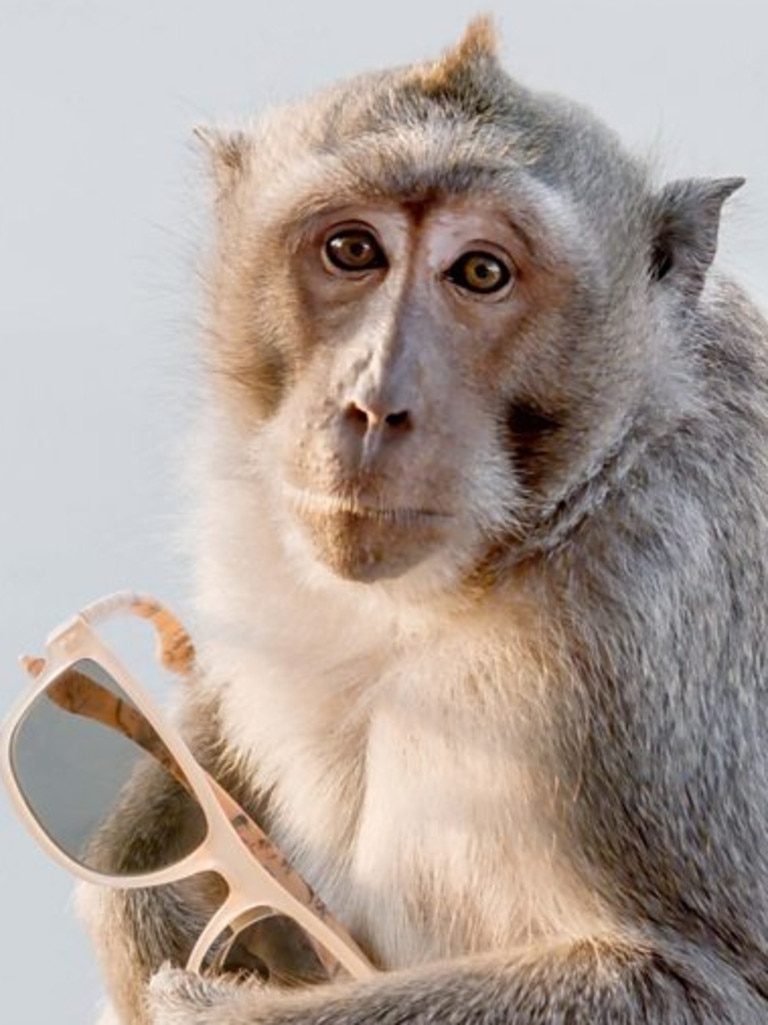

The practice, which has persisted for more than 30 years, is unique to the Uluwatu Temple.
Researchers are keen to understand this behaviour better and are working closely with the temple’s management.
“Researchers have stated that the monkeys in the Pura Luhur Uluwatu area have extraordinary intelligence because they often use a bartering system to interact with humans,” Wijana added.
Despite their intelligence, the temple’s management is focused on ensuring these primates do not disturb tourists excessively during their visits.
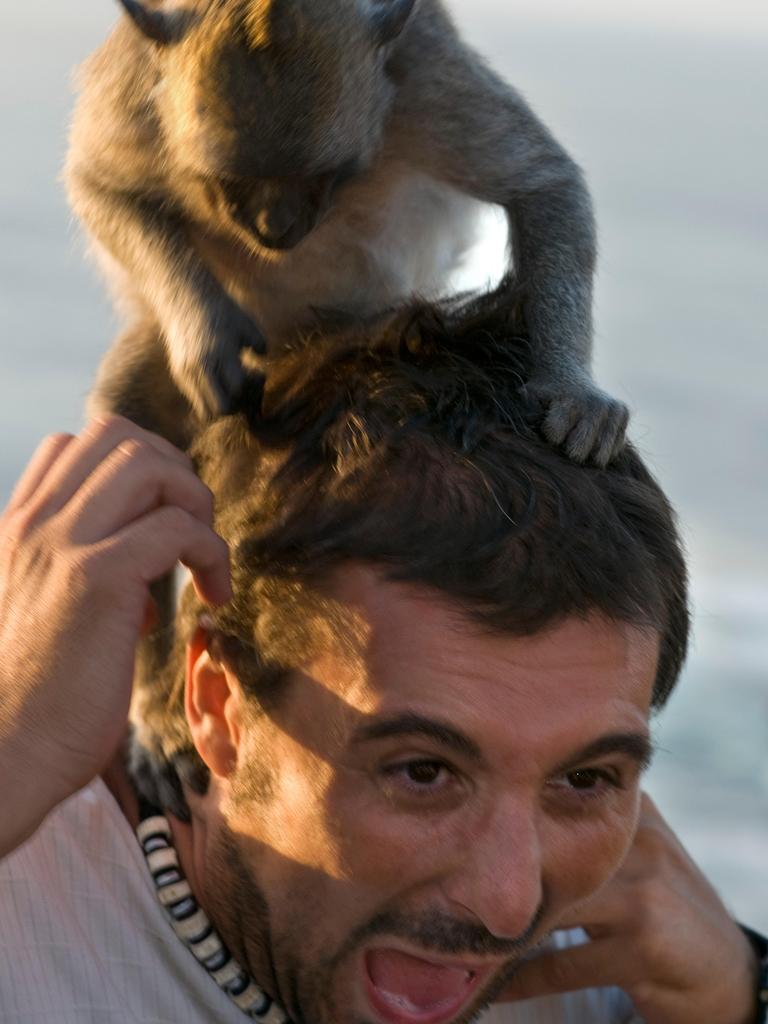
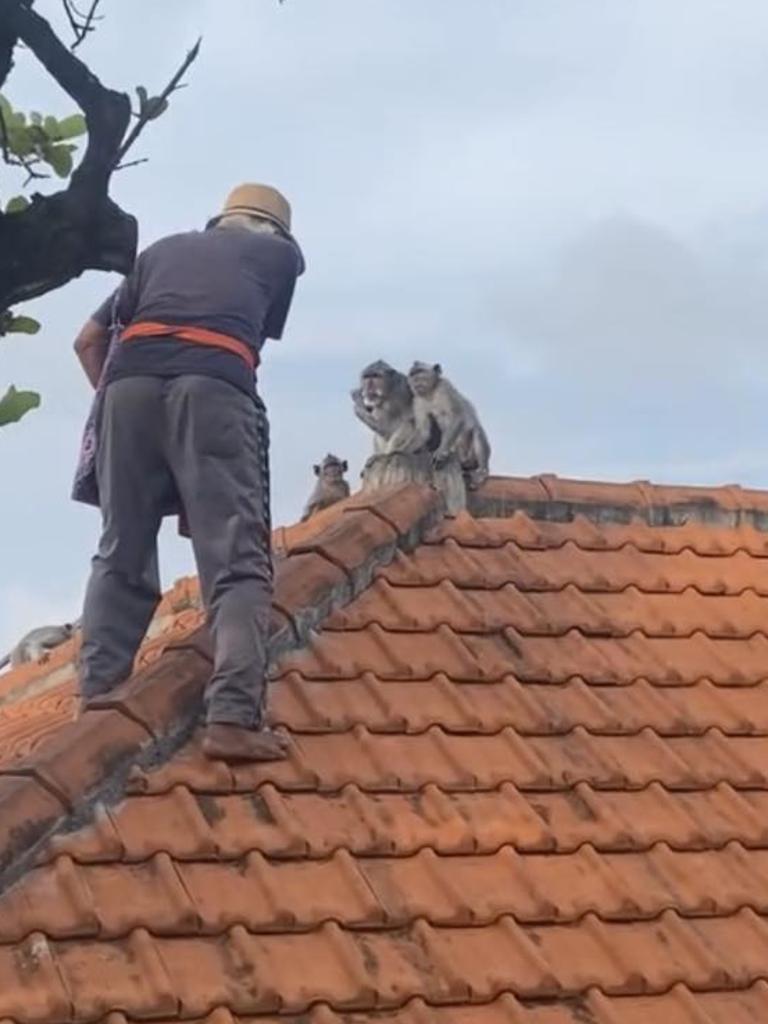
Efforts to manage monkey behaviour include studying control practices from other areas known for their macaque populations, such as the Ubud Monkey Forest and Sangeh.
“We are looking for comparisons and strategies regarding monkey control in other areas,” Wijana said.
Additionally, traditional Balinese rituals, such as the Tumpek Uye or Tumpek Kandang ceremony, are performed to mitigate monkeys’ mischievous behaviour.
“In essence, if there is a Tumpek Kandang ceremony, this is a step for us to reduce monkeys’ naughty behaviour,” Wijana noted.
Rigid rabies management protocols have also recently been implemented with the involvement of the Faculty of Veterinary Medicine at Udayana University.
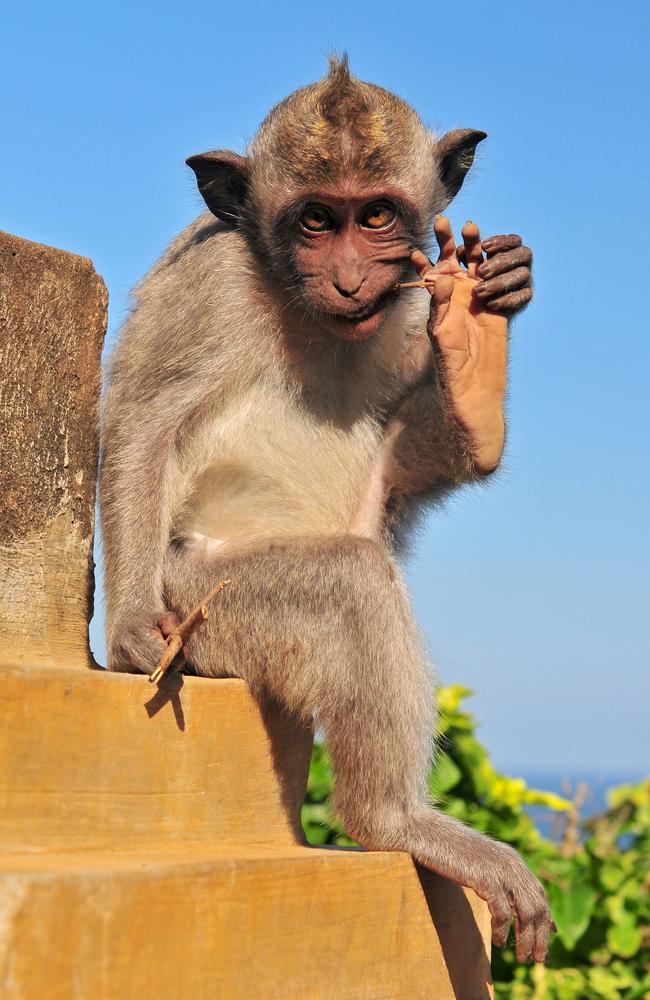
“We are 100 per cent sure that monkeys are rabies-free, and we have a rabies-free certificate,” Wijana assured local media this week.
The temple management insisted that each monkey is documented and certified to be free of rabies, providing a safe environment for interaction.
More Coverage
Despite the daily investment of IDR2.5 million (AUD$234) in feeding the monkeys, the macaques have learned that stealing from tourists can be more rewarding.
In 2023, news.com.au reported Australians who have had their belongings stolen by monkeys in Bali have claimed almost $17,000 from one insurance company alone in the last five years.
The most expensive of those Southern Cross Travel Insurance claims was for $8560 when an Aussie traveller had their bag with hearing aids, phone and money stolen by a monkey at Uluwatu on the popular holiday island.






